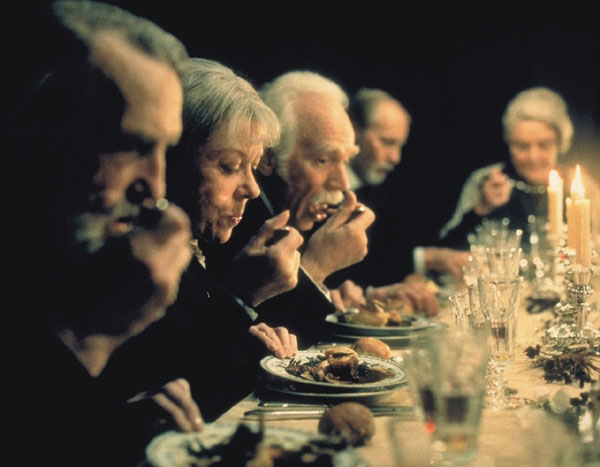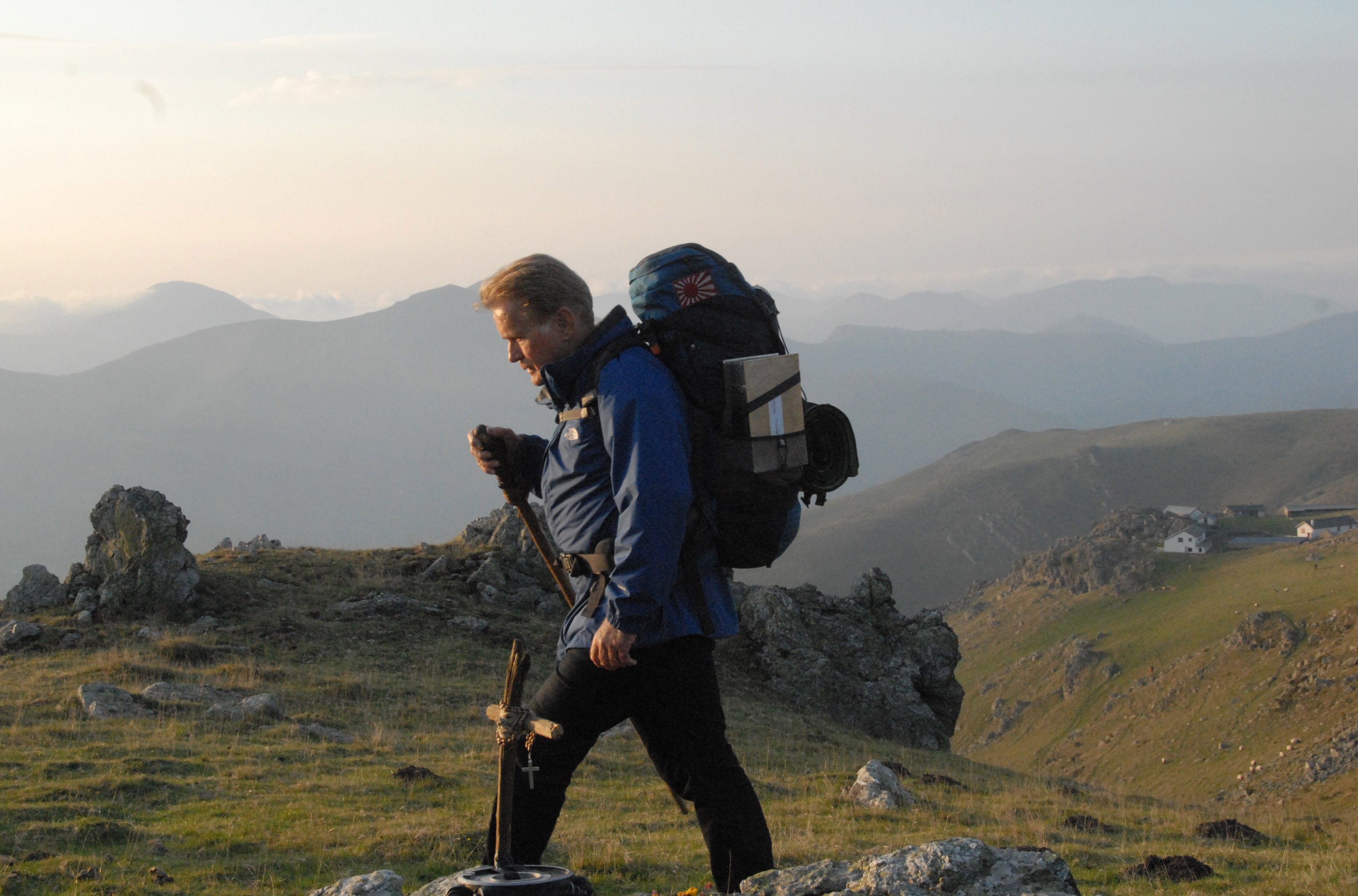The new Harry Potter movie is grabbing the headlines (as well it should), but there’s another film I want to recommend to you as well, one that you can rent via Netflix or some other subscription service. Of Gods and Men is a luminous, beautiful film, one of those movies that stays in your mind long after the final credits roll.
The French-made film won a host of awards when it came out in 2010, including the Grand Prix at the Cannes Film Festival. It’s based on the true story of a small community of Trappist monks living in Algeria in 1995. The group of men is well-loved by their local Muslim neighbors, but as the nation descends into civil war their situation becomes increasingly vulnerable. (Spoiler alert: if you want to see the movie without knowing the ending, stop here.)
After seeing the movie, I learned more about the true story behind the drama. The abbot of the monastery was Christian de Chergé, who served in the French military in Algeria in 1959. While there he became friends with a Muslim policeman, and the two would have weekly walks during which they talked about politics and religious and theological questions. On one of these walks, the two were ambushed by rebel forces. Because de Chergé was wearing his army fatigues, he was certain he was going to be killed, but his friend stepped in front of him and told the attackers that de Chergé was a godly man and they should leave him alone. The two were let go, but the next day the policeman was murdered in the street for his actions in defending his friend.
The tragedy changed de Chergé’s life forever. He decided to commit his life to peace and when his military service ended he joined a Trappist monastery in France. Once he became a priest, he asked to be transferred back to Africa. As abbot of a small monastic community in the Atlas Mountains of Algeria, he worked tirelessly on behalf of the primarily Muslim local population. He and his fellow monks ran a medical clinic and offered literacy classes for the villagers. He organized interfaith dialogues and studied the Koran.
Two years before his death at the hands of extremists, de Chergé had a premonition that he would be killed. He wrote a letter forgiving his future assassins, sealed it, and sent it to his mother in France with instructions that it only be opened after his death. The letter is read in the movie, and surely it is one of the most eloquent statements of the power of forgiveness (in advance, even) that has ever been written:
If it should happen one day – and it could be today – that I become a victim of the terrorism that now seems to encompass all the foreigners living in Algeria, I would like my community, my church, my family, to remember that my life was given to God and to Algeria; and that they accept that the sole Master of all life was not a stranger to this brutal departure.
I would like, when the time comes, to have a space of clearness that would allow me to beg forgiveness of God and of my fellow human beings, and at the same time to forgive with all my heart the one who will strike me down.
I could not desire such a death; it seems to me important to state this: How could I rejoice if the Algerian people I love were indiscriminately accused of my murder?
My death, obviously, will appear to confirm those who hastily judged me naïve or idealistic: “Let him tell us now what he thinks of it!” But they should know that…for this life lost, I give thanks to God. In this “thank you,” which is said for everything in my life from now on, I certainly include you, my last-minute friend who will not have known what you are doing…I commend you to the God in whose face I see yours. And may we find each other, happy “good thieves” in Paradise, if it please God, the Father of us both.
When news of the deaths of de Chergé and his six fellow monks reached France, the nation was horrified. Every Roman Catholic church in the country tolled its bells at the same time in their memory. Such a poignant tribute, yes? One can almost hear the chimes floating across the farms, villages and cities of France, bearing testimony to what was lost.
The movie Of Gods and Men is another way of honoring the memory of de Chergé and his fellow monks. It is a haunting, lyrical meditation on the nature of faith and love.
httpv://www.youtube.com/watch?v=YWEIxzlKCgA











